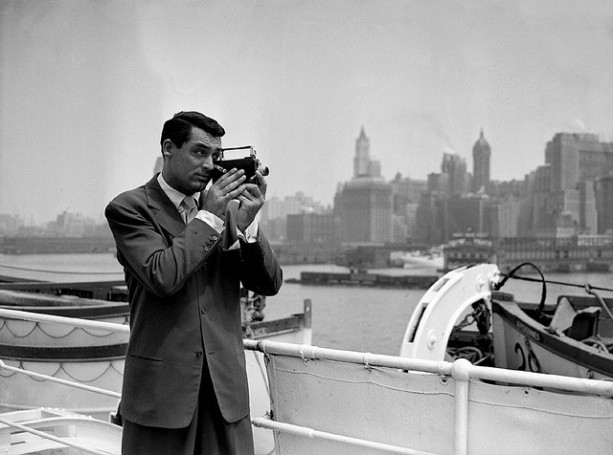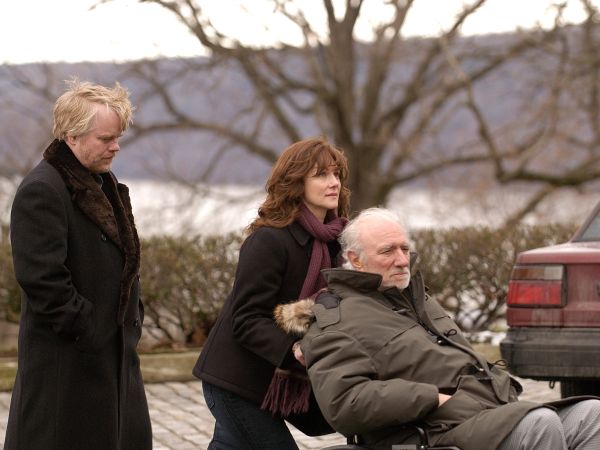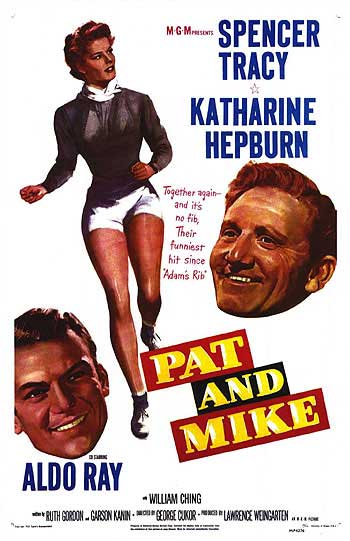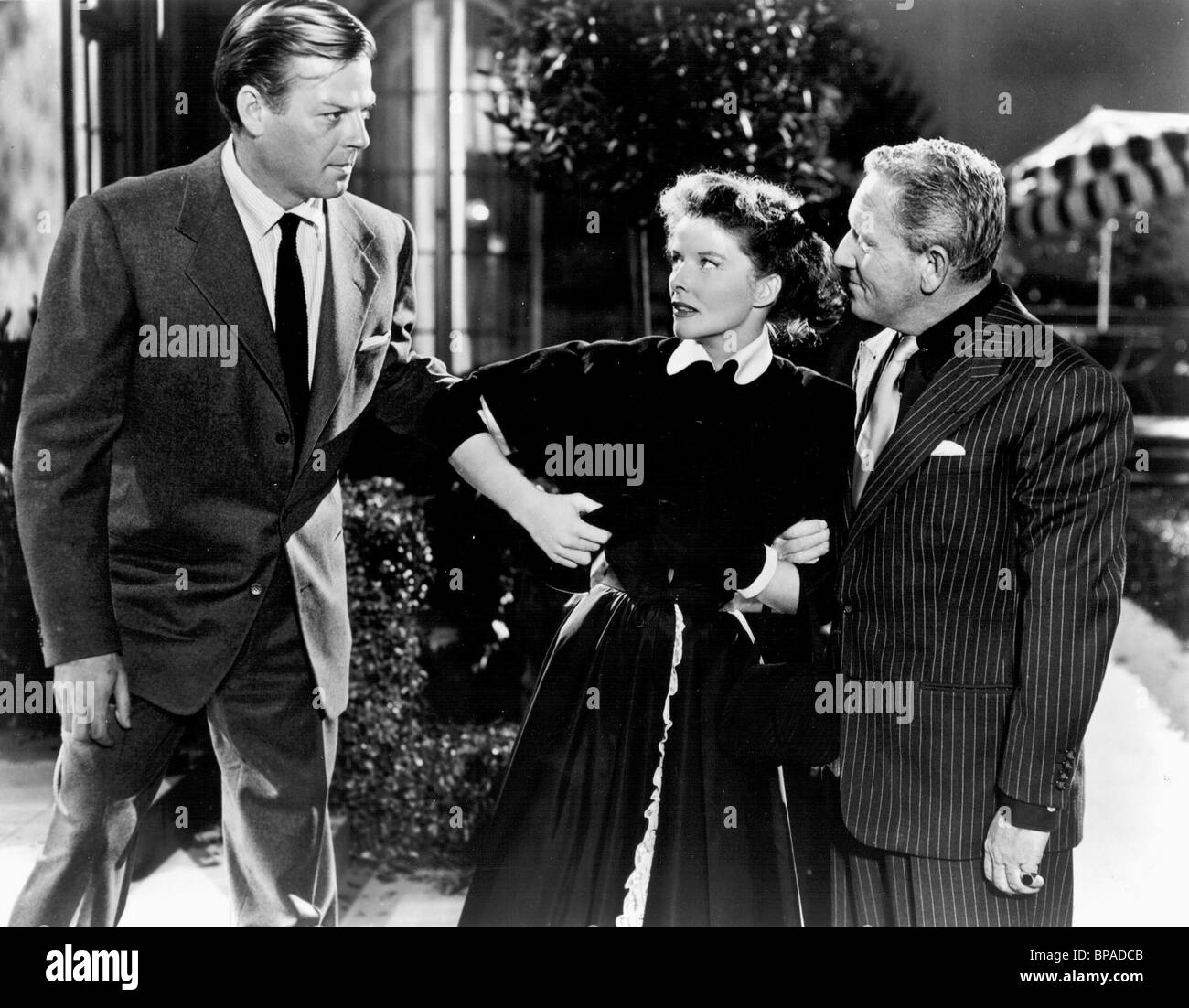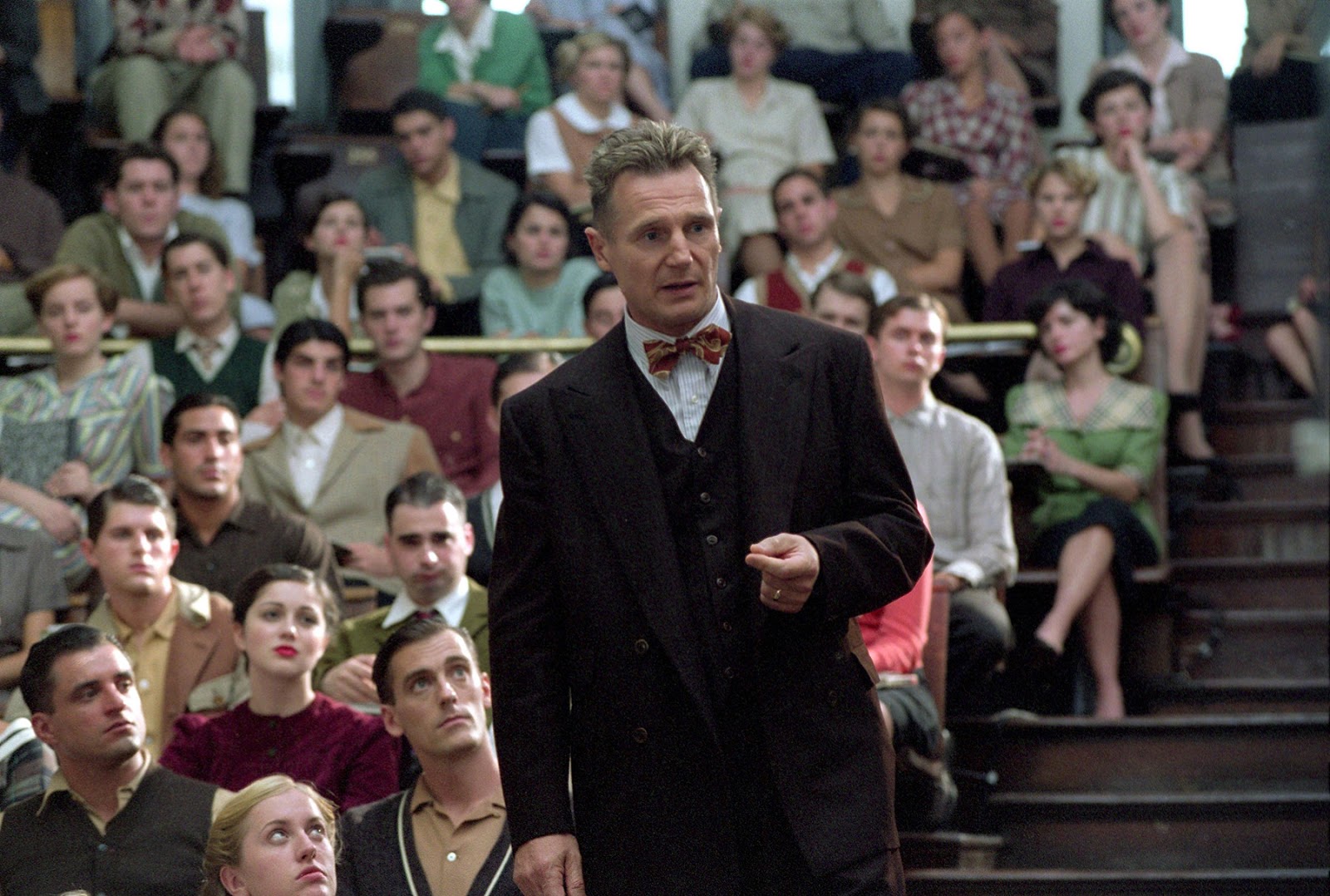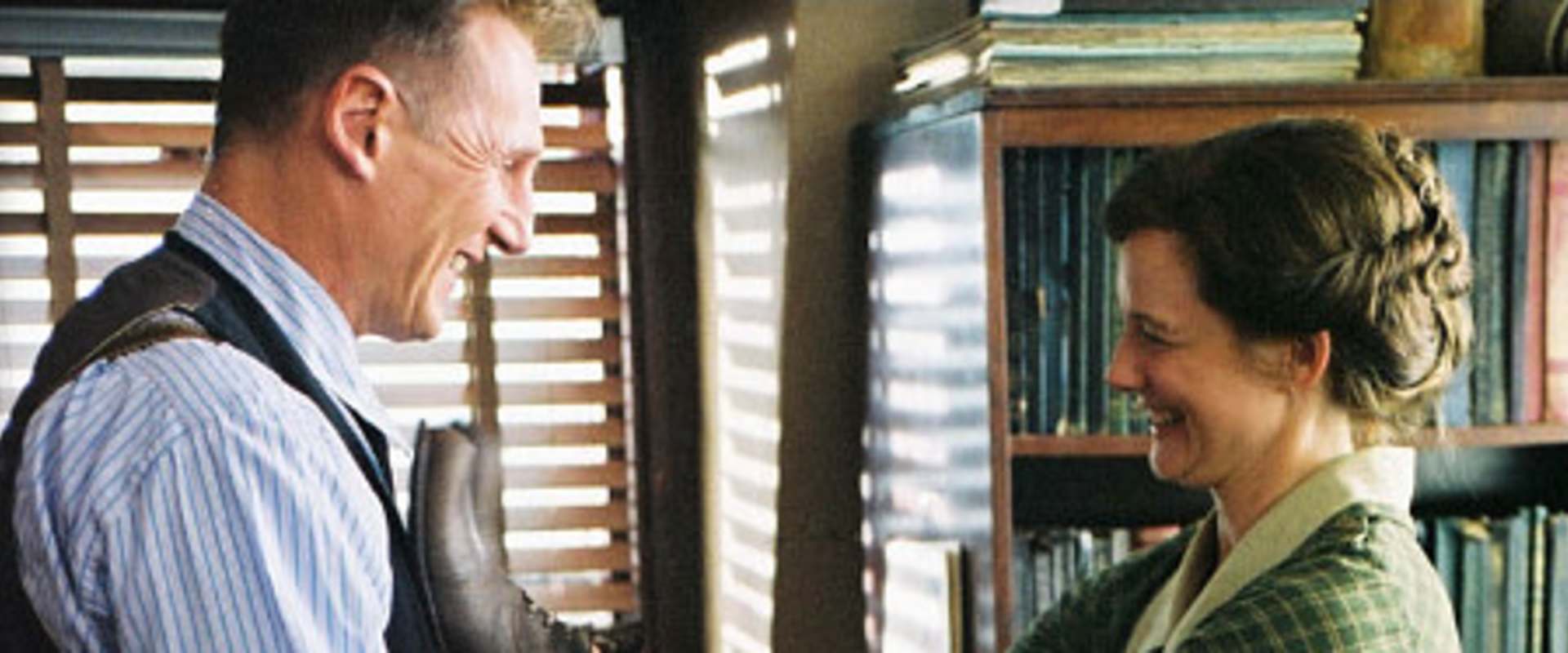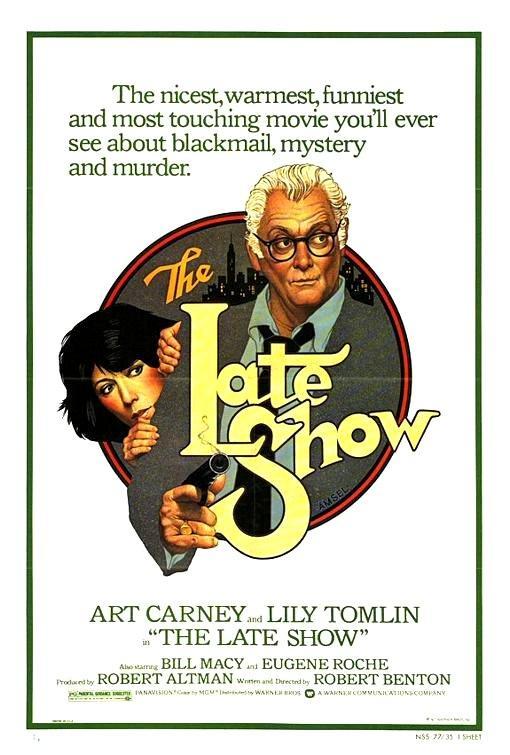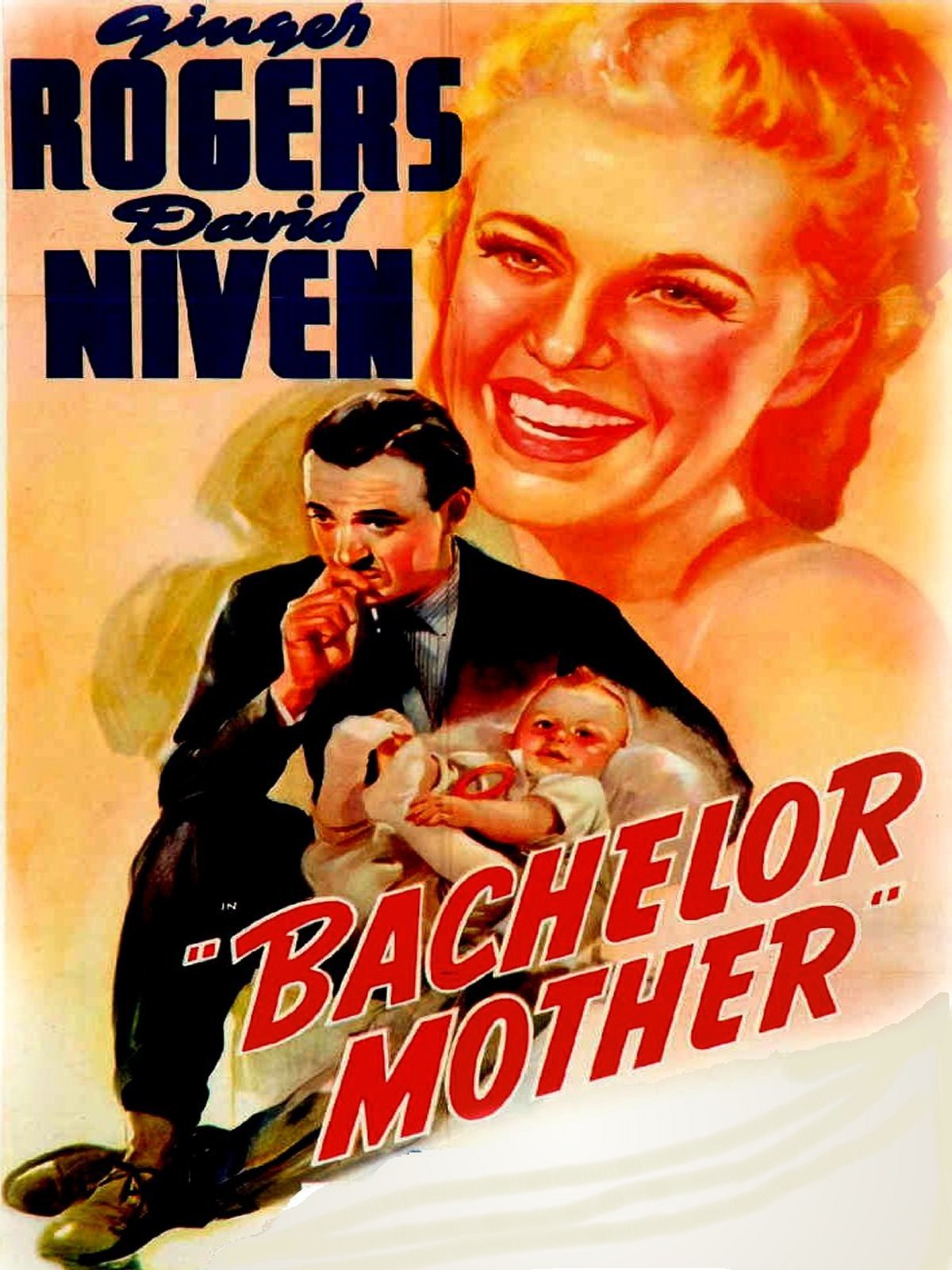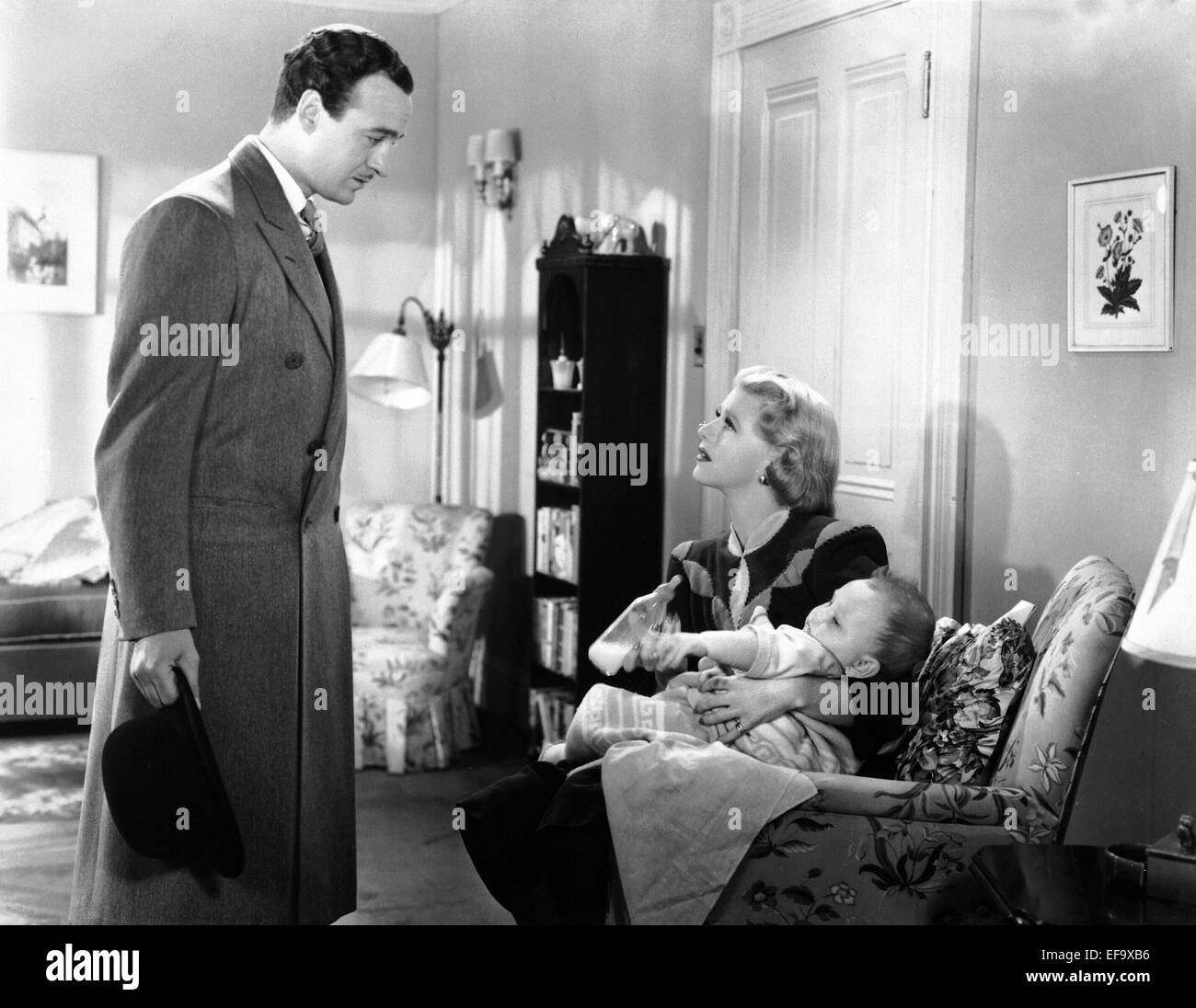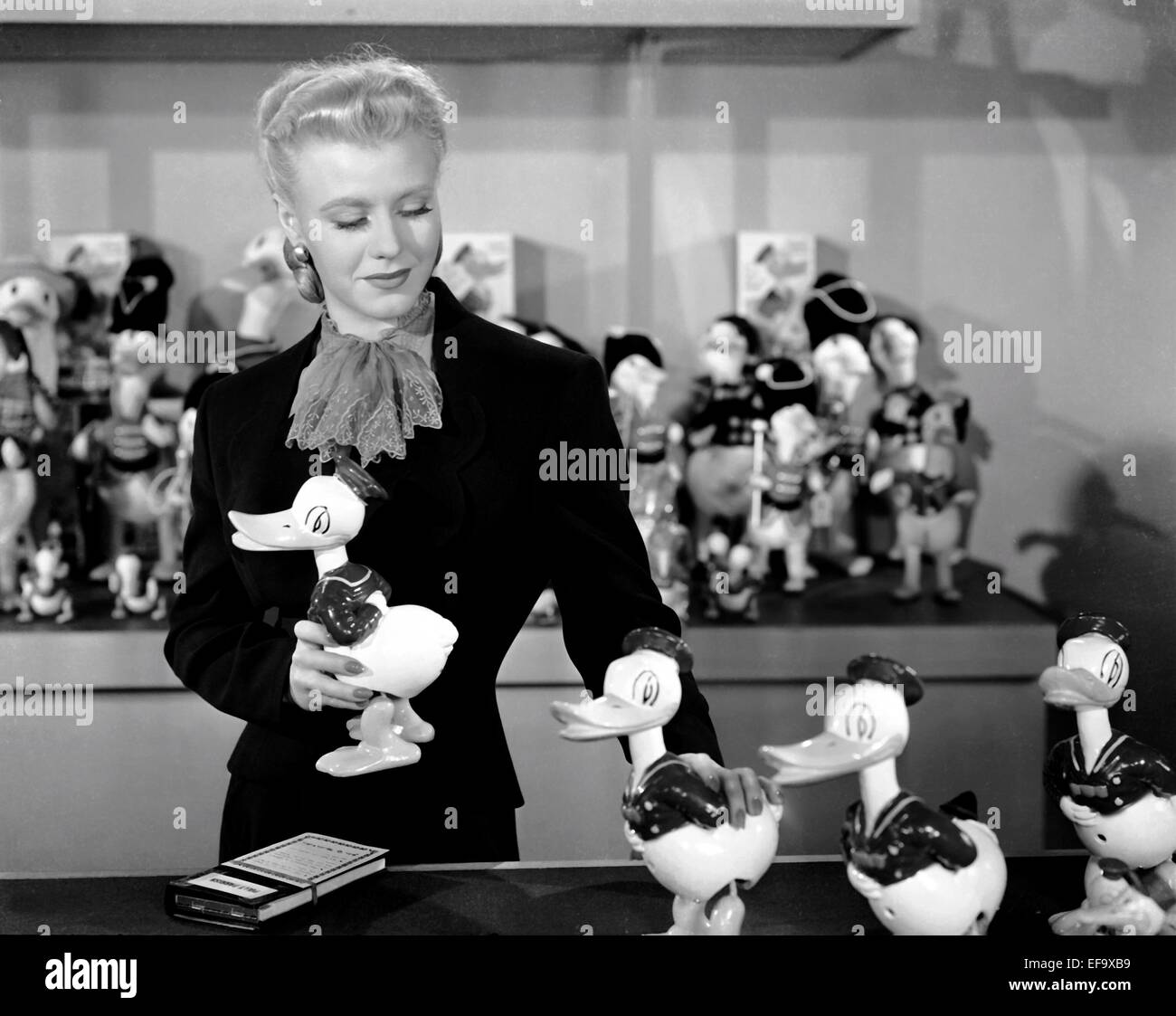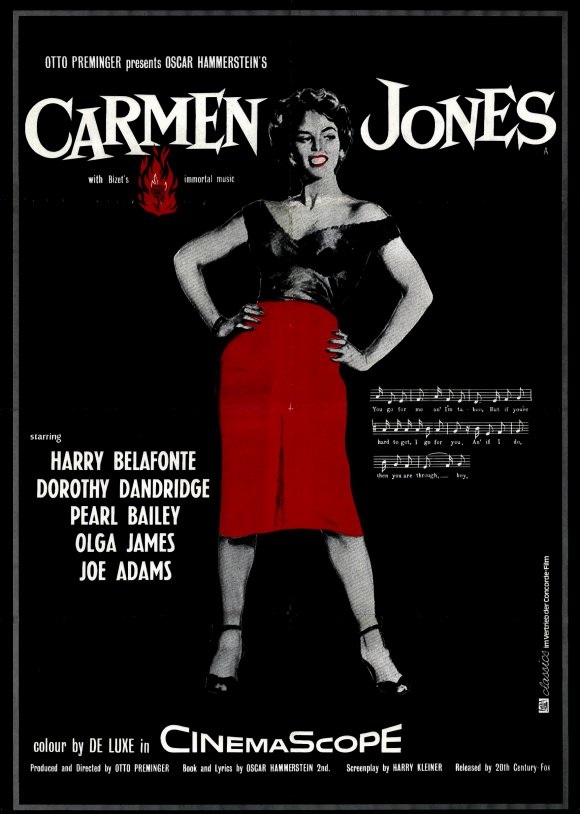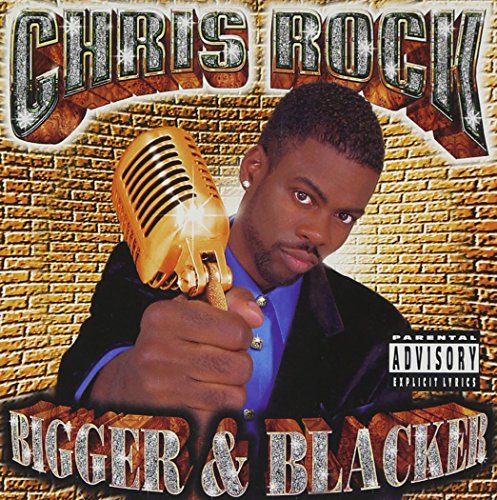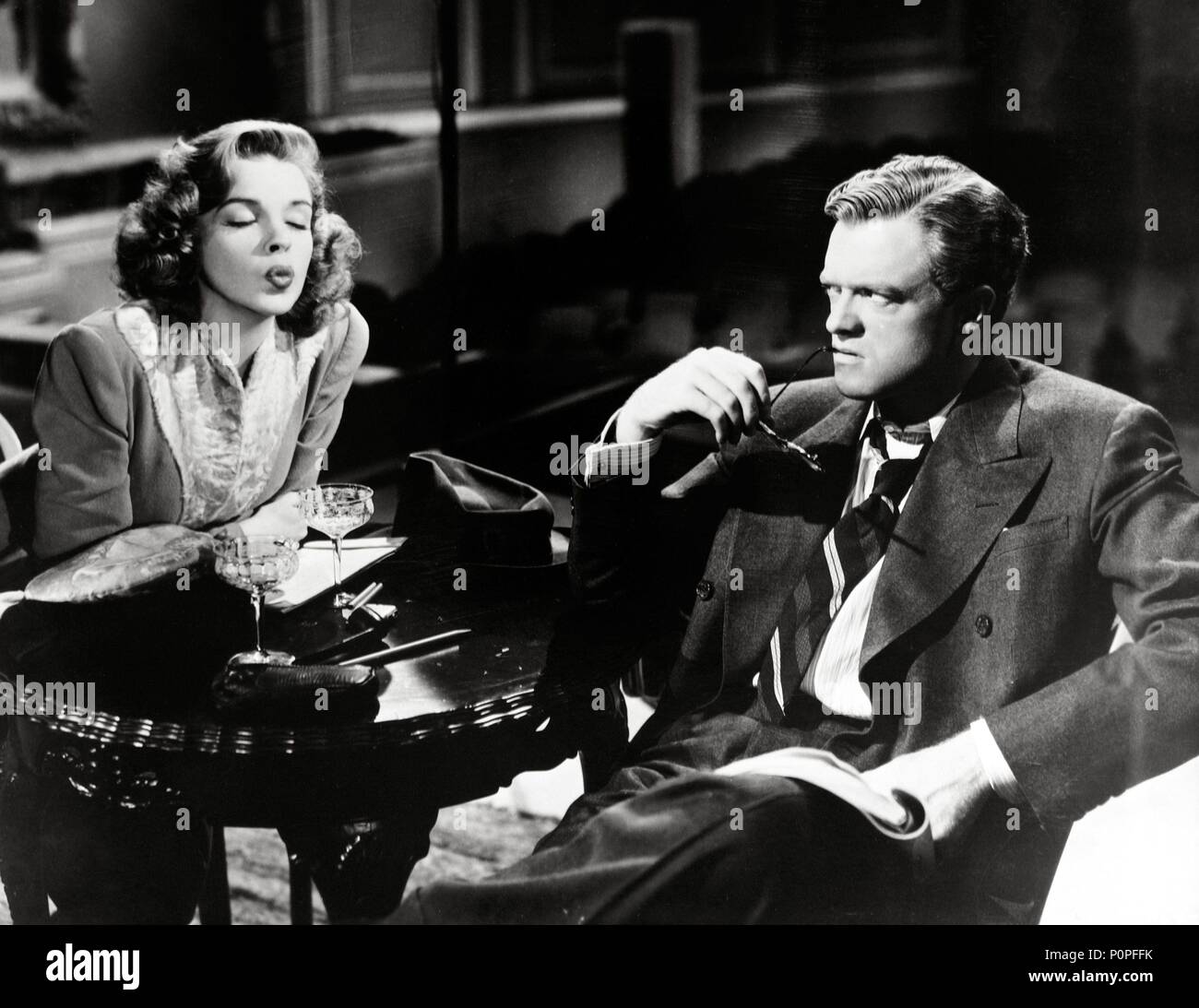The Story of Vernon and Irene Castle
Fred Astaire and Ginger Rogers made their final RKO musical together in 1939 playing real life characters for the first time in The Story of Vernon and Irene Castle.

The film opens in 1911 when Vernon Castle was a Vaudeville comic and Irene Foote was an aspiring actress who actually meets Vernon on the beach. The film details Irene encouraging Vernon to give up being a comic and being a dancer and before you know it, the two are married and dancing together.
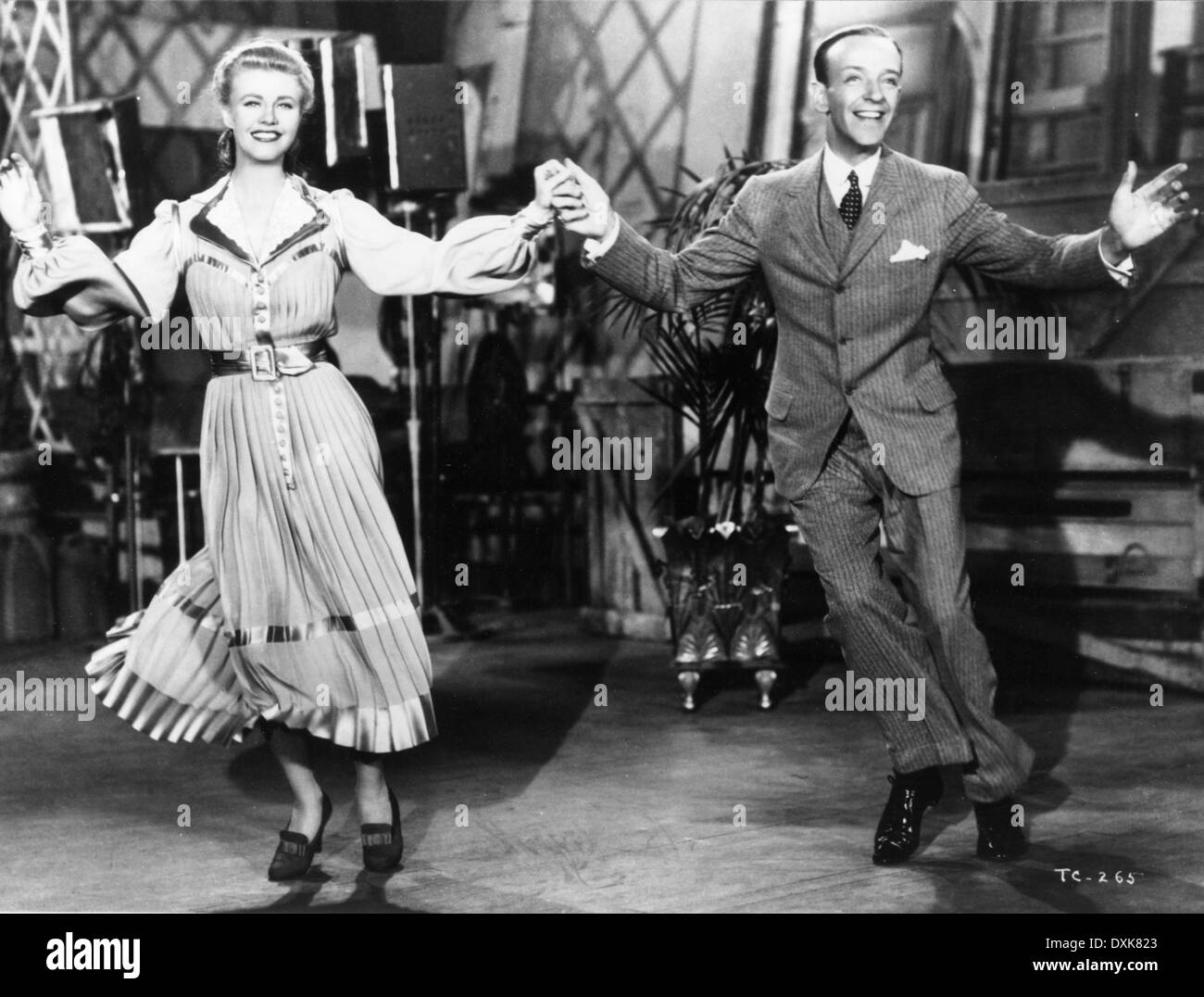
According to this film, the couple actually began their career in Paris where they not only became dancing sensations, putting their own stamps on the Fox Trot and Tango, but creating their own dance that came to be known as the Castle Walk, they also became style icons...apparently all over the world people were eating, drinking, wearing, and smoking whatever the Castles were. When Irene decided to cut her hair, the world went into a frenzy but eventually gave into the Castle way. The Castles became international sensations who had to beg off national tours and settled in the country until the Germans declared war.

This was a historic film for Astaire and Rogers in more ways than one. This was not only the first time that they had played real life characters, but it was also their first period piece. But more important, it was after this film, that Rogers decided she wanted to branch out on her own without Astaire and, incredibly, her next film, Kitty Foyle won her the Oscar for Best Actress of 1940.
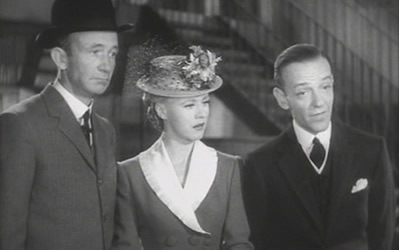
The other thing I really enjoyed about this film is that it gave both Astaire and Rogers a chance to act in addition to dance. Director H C Potter trusted the fact that the pair were actors as well as dancers and guided them through Richard Sherman's screenplay that was based on a pair of books by the real Irene Castle. Once again, Ginger Rogers gets a chance to prove what an underrated actress she was with one of her richest performances, full of humor and warmth. Don't get it twisted though...Astaire and Rogers never try to outshine each other and that's why they were so special together and it's so apparent here. Walter Brennan and Edna May Oliver score in supporting roles, but this film is a fitting farewell to the dance team that single-handedly resurrected RKO studios. They would reunite 10 years later for The Barkleys of Broadway, but it just wasn't the same.
Fred Astaire and Ginger Rogers made their final RKO musical together in 1939 playing real life characters for the first time in The Story of Vernon and Irene Castle.

The film opens in 1911 when Vernon Castle was a Vaudeville comic and Irene Foote was an aspiring actress who actually meets Vernon on the beach. The film details Irene encouraging Vernon to give up being a comic and being a dancer and before you know it, the two are married and dancing together.

According to this film, the couple actually began their career in Paris where they not only became dancing sensations, putting their own stamps on the Fox Trot and Tango, but creating their own dance that came to be known as the Castle Walk, they also became style icons...apparently all over the world people were eating, drinking, wearing, and smoking whatever the Castles were. When Irene decided to cut her hair, the world went into a frenzy but eventually gave into the Castle way. The Castles became international sensations who had to beg off national tours and settled in the country until the Germans declared war.

This was a historic film for Astaire and Rogers in more ways than one. This was not only the first time that they had played real life characters, but it was also their first period piece. But more important, it was after this film, that Rogers decided she wanted to branch out on her own without Astaire and, incredibly, her next film, Kitty Foyle won her the Oscar for Best Actress of 1940.

The other thing I really enjoyed about this film is that it gave both Astaire and Rogers a chance to act in addition to dance. Director H C Potter trusted the fact that the pair were actors as well as dancers and guided them through Richard Sherman's screenplay that was based on a pair of books by the real Irene Castle. Once again, Ginger Rogers gets a chance to prove what an underrated actress she was with one of her richest performances, full of humor and warmth. Don't get it twisted though...Astaire and Rogers never try to outshine each other and that's why they were so special together and it's so apparent here. Walter Brennan and Edna May Oliver score in supporting roles, but this film is a fitting farewell to the dance team that single-handedly resurrected RKO studios. They would reunite 10 years later for The Barkleys of Broadway, but it just wasn't the same.


